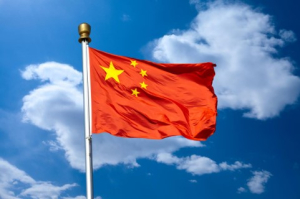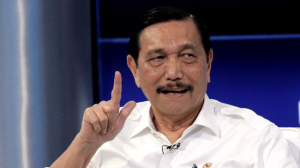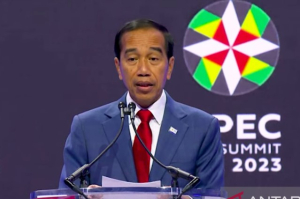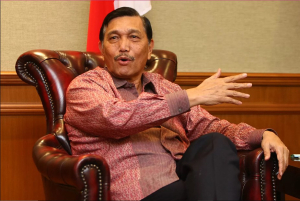Luhut: Indonesia's import tariff policy not targeted at any specific country
Coordinating Minister for Maritime Affairs and Investment Luhut Binsar Pandjaitan has clarified Indonesia's plan to impose import duties of up to 200 percent on certain products, dismissing speculations that it is targeting certain countries.
"We are not targeting any particular country, especially China. All measures are taken based on our national interest," Luhut said in Jakarta on Saturday, July 6, 2024.
During a limited coordination meeting led by President Joko Widodo on June 25, 2024, the government has decided to protect domestic industries in accordance with existing regulations and international trade norms.
One of the steps taken is the implementation of a Safeguard Tariff or Safeguard Duties (BMTP) for some textile products, which have already been applied and are currently under an extension period.
The BMTP is imposed on all imported goods without distinguishing the country of origin. Luhut noted that this policy must be carefully studied to align with the conditions and needs of the domestic industry.
"I have also communicated with the Minister of Trade to discuss this issue. We agreed to prioritize our national interest while maintaining partnerships with friendly countries," Luhut said.
He stressed that China is one of Indonesia's most important comprehensive strategic partners in trade and investment. Indonesia is committed to maintaining this good relationship through continuous communication and dialogue on policy measures between countries.
"We want to ensure that Indonesia's good relations with partner countries continue to uphold the principles of mutual trust, respect, and complementarity," Luhut added.
Previously, Minister of Trade Zulkifli Hasan revealed plans to impose import duties of up to 200 percent on products from China.
"I told my colleagues not to be afraid or hesitant. America can impose tariffs of up to 200 percent on ceramics and clothing; we can too. This is to ensure our MSME industries can grow and develop," Zulkifli said on June 28, 2024.
He said further that this ministerial regulation is a response to previous trade regulations and local industry protection measures that have not satisfied all parties.
Tag
Already have an account? Sign In
-
Start reading
Freemium
-
Monthly Subscription
30% OFF$26.03
$37.19/MonthCancel anytime
This offer is open to all new subscribers!
Subscribe now -
Yearly Subscription
33% OFF$228.13
$340.5/YearCancel anytime
This offer is open to all new subscribers!
Subscribe now






